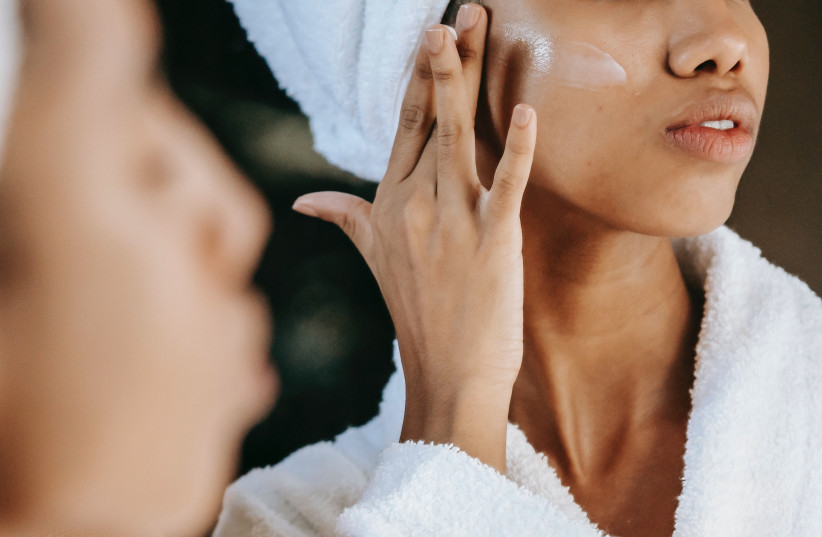Acne is a really annoying skin condition yet most people try to deal with it alone, or at most with a visit to an aesthetician.
But the truth is that the world of medicine has a variety of solutions. Dr. Gila Isman Nelkenbaum, senior physician at the Integrated Center for Aesthetic Dermatology and the clinic for early detection of skin cancer, both at Tel Aviv Sourasky Medical Center, was a guest on the Expert Clinic podcast to explain what causes acne and how to treat it.
The first thing that's important to know about acne is that it's a skin disease, and as with any disease, you should go to a doctor who specializes in treating it.
Nelkenbaum said that many people forget that it's worth going to a dermatologist as it's ultimately a skin disease, so they go around many times on their own trying to find solutions although there's an effective, easy and even inexpensive solution at the dermatologist.
Why do people develop acne?
Acne in puberty starts around age 11-12 in girls, around their first period, and in boys between ages 13-14. Nelkenbaum explained that this happens during puberty because of hormonal effects; hormones affect the sebaceous gland, which is the source of acne.

Nelkenbaum explained that these glands have receptors that pick up these hormones and cause the proliferation and growth of the sebaceous glands, which is the source of the fatty substance that's inside, which is excellent because it adds some oil which helps skin to be smooth and shiny which we want as we age, yet in adolescence it causes pimples.
Sebaceous glands grow and fill up with sebum. When sebum is exposed to light it oxidizes, and blackheads develop. This is the initial acne lesion, where it starts.
How are blackheads treated?
There are non-medical solutions such as special soap or an aesthetician will remove the blackheads, It can reduce the oiliness a bit and prevent the appearance of new lesions or inflammation of the same lesions. Nelkenbaum clarified that it's really not worth taking out blackheads alone, as it may cause scars.
Nelkenbaum added that when there are numerous blackheads, or the beginning of lesions that are inflammatory, which means heads of pus or redness, or in the next step there are already large areas of redness on the face that it's very important to know that medical treatment is important to improve the existing situation, but more important than that to improve one's future.
Many times inflammatory lesions, even if they aren't touched, can leave scars. In such cases, you should go to a dermatologist.
Nelkenbaum stated that any dermatologist can treat acne, and there are many, many treatments available for acne. There are ointments, liquids for spot treatment that dry wounds and other simple, effective and inexpensive drug treatments.
In more advanced stages there are different types of antibiotics that can bring benefits, and the next, most advanced step is Roaccutane, a very effective drug that helps a lot, but has troubling side effects and must be avoided by women planning to conceive, and when they're pregnant, then nursing.
Nelkenbaum clarified that Roaccutane is a derivative of vitamin A and has been used since 1982, so we have 40 years of good experience. If in the past there was a lot of fear around it because of side effects, today we know that lower doses can be given, so there are also fewer side effects.
Nelkenbaum said that she's prescribed this medicine for many years, and her patients rarely develop side effects.
It's important to know that this is a very effective drug that attacks acne from all directions, and it can achieve remission for long periods, more than antibiotics. Nelkenbaum isn't afraid of the medicine, and neither are her colleagues, because it's been used for years.
She added that doctors today are no longer hysterical about requiring blood tests every month, so they've relaxed a bit. It's important to know that there are side effects, the most common being dryness of the skin and lips, along with headaches, changes in liver functions or an increase in triglycerides but these side effects are monitored, and rare.
It's important to note that in the case of acne in adults, if it appears for the first time after age 20, the doses are even lower and the side effects are also rarer.
